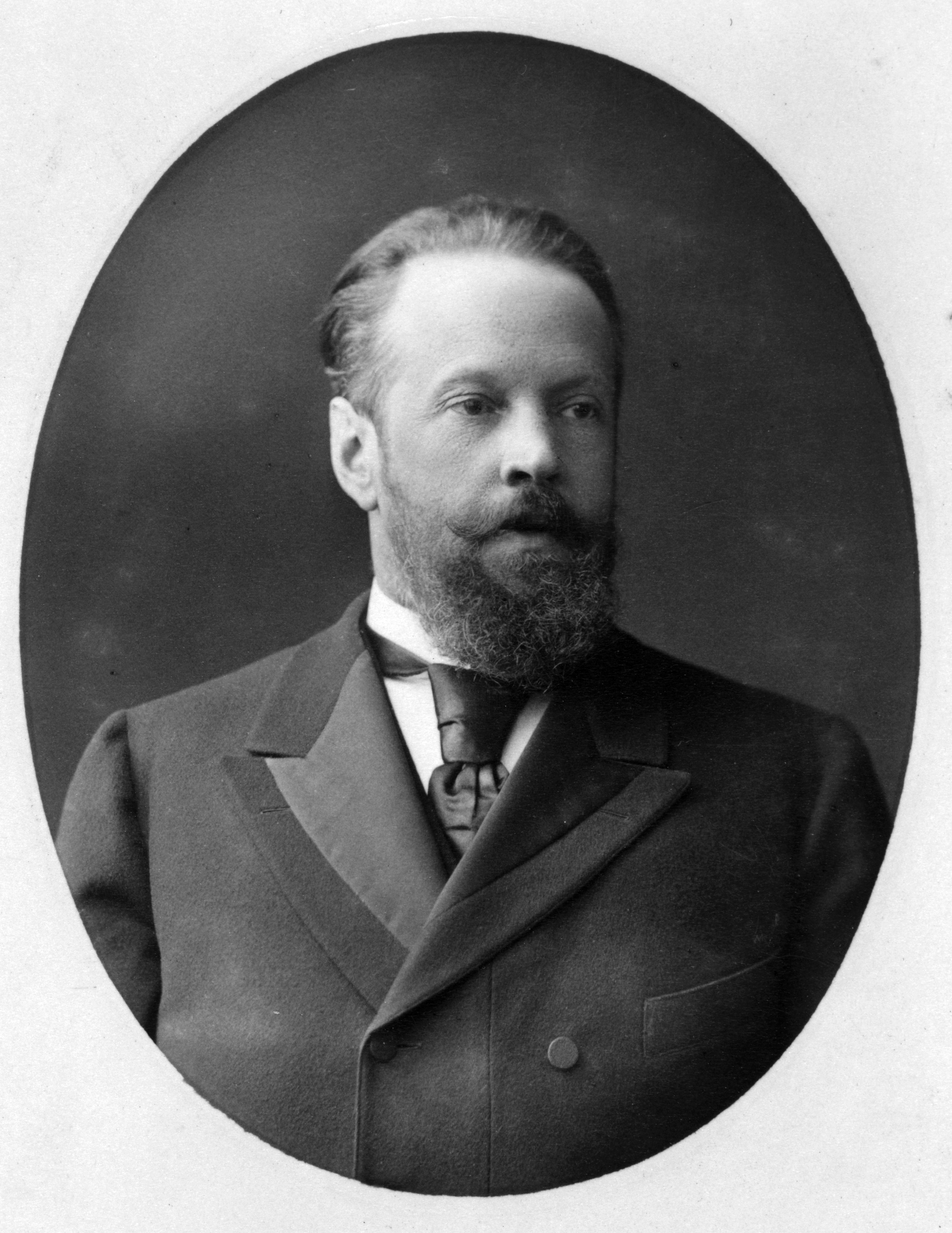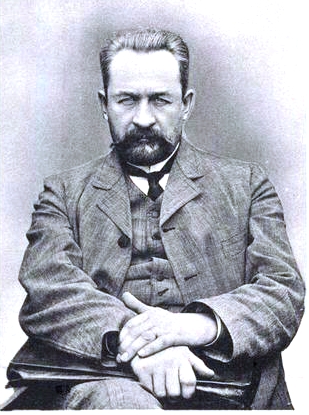|
Lvov Princely Family
Lvov (russian: Львов) is the name of a princely Russian family of Rurikid stock. The family is descended from the princes of Yaroslavl where early members of the family are buried. Notable members *Knyaz Matvey Danilovich (?–1603), Voivod in Tobolsk (1592) and in Verkhoturye (1601) *Knyaz Ivan Dimitriyevich, Voivod in Tyumen (1635–1639) *Knyaz Alexey Mikhaylovich (?–1653), Stolnik (1613), Okolnichiy (1627–), Boyar (1635) and head of the 'Prikaz of the Great Palace' (that is, a court marshal) *Knyaz Dmitry Petrovich (?–1660), Boyar (1655) *Knyaz Nikita Yakovlevich (?–1670), Okolnichiy and head of the Yamskoy Prikaz (the earliest version of the Russian Post Office) *Knyaz Mikhail Nikitich (?–1692), Boyar (1692) *Knyaz Vladimir Vladimirovich (1834–1865), Writer *Knyaz Georgy Yevgenyevich (1861–1925) (32nd generation Rurikid), Russian Prime Minister *Knyaz Alexander Dimitriyevich (1863–?), Fire-Brigade founder, Petergof Zemstvo A ''zemstvo'' ( rus, з ... [...More Info...] [...Related Items...] OR: [Wikipedia] [Google] [Baidu] |
Okolnichiy
Okolnichy (russian: око́льничий, ) was an old Muscovite court official position. According to the ''Brockhaus and Efron Encyclopedic Dictionary'', directives on the position of ''okolnichy'' date back to the 14th century. Judging by the Muscovite records from the 16th and 17th centuries, ''okolnichy'' were entrusted with the same business in administration as boyars, with the only difference that they were placed second to boyars everywhere. While lower than boyars, it was one of the highest ranks (or positions) close to the tsar in the courts of the Moscow rulers until the government reform undertaken by Peter the Great. The word is derived from the Russian word () meaning 'close, near', in this case 'sitting close to the Tsar'. In the mid-16th century the role became second (subordinate) to boyars.Чины в Московском государстве // Энциклопедический словарь Брокгауза и Ефрона : в 86 т. (82 т. и 4 � ... [...More Info...] [...Related Items...] OR: [Wikipedia] [Google] [Baidu] |
Lvov Dvoryan Families
There were several gentry families named Lvov (russian: Львов) in the Russian Empire. One of them is traced from a Mark Demidovich of Lithuanian descent (14th century) and is enlisted into the pedigree book of Tver Guberniya. Another one traces from the 16th century and enlisted into the pedigree books of Moscow and Oryol guberniyas. Still another one descends from a Kondratiy Afanasiyevich Lvov granted an estate in Galich ''uyezd An uezd (also spelled uyezd; rus, уе́зд, p=ʊˈjest), or povit in a Ukrainian context ( uk, повіт), or Kreis in Baltic-German context, was a type of administrative subdivision of the Grand Duchy of Moscow, the Russian Empire, and the ea ...'', Kostroma Guberniya in 1671. The family is enlisted into the pedigree book of Kostroma Guberniya. See also * Lvov princely family External linksLvov dvoryan family {{DEFAULTSORT:Lvov Dvoryan Families Russian noble families ... [...More Info...] [...Related Items...] OR: [Wikipedia] [Google] [Baidu] |
Zemstvo
A ''zemstvo'' ( rus, земство, p=ˈzʲɛmstvə, plural ''zemstva'' – rus, земства) was an institution of local government set up during the great emancipation reform of 1861 carried out in Imperial Russia by Emperor Alexander II of Russia. Nikolay Milyutin elaborated the idea of the zemstva, and the first zemstvo laws went into effect in 1864. After the October Revolution the zemstvo system was shut down by the Bolsheviks and replaced with a multilevel system of workers' and peasants' councils ("soviets"). Structure The system of elected bodies of local self-government in the Russian Empire was represented at the lowest level by the mir and the volost and was continued, so far as the 34 Guberniyas (governorates) of old Russia were concerned, in the elective district and provincial assemblies (zemstvo). The goal of the zemstvo reform was the creation of local organs of self-government on an elected basis, possessing sufficient authority and independence to re ... [...More Info...] [...Related Items...] OR: [Wikipedia] [Google] [Baidu] |
Petergof
Petergof (russian: Петерго́ф), known as Petrodvorets () from 1944 to 1997, is a municipal town in Petrodvortsovy District of the federal city of St. Petersburg, located on the southern shore of the Gulf of Finland. The town hosts one of two campuses of Saint Petersburg State University and the Petrodvorets Watch Factory, one of the leading Russian watch manufactures. A series of palaces and gardens, laid out on the orders of Peter the Great and sometimes called the "Russian Versailles," is also situated there. The palace-ensemble along with the city center is recognized as a UNESCO World Heritage Site. Palaces, fountains, and gardens Petergof is named after the Peterhof Grand Palace, a sixteen-meter-high bluff lying less than a hundred meters from the shore. The so-called Lower Gardens (''Nizhny Sad''), at comprising the better part of the palace complex land area, are confined between this bluff and the shore, stretching east and west for roughly . The major ... [...More Info...] [...Related Items...] OR: [Wikipedia] [Google] [Baidu] |
Prime Minister Of Russia
The chairman of the government of the Russian Federation, also informally known as the prime minister, is the nominal head of government of Russia. Although the post dates back to 1905, its current form was established on 12 December 1993 following the introduction of a new constitution. Due to the central role of the president of Russia in the political system, the activities of the executive branch (including the prime minister) are significantly influenced by the head of state (for example, it is the president who appoints and dismisses the prime minister and other members of the government; the president may chair the meetings of the cabinet and give obligatory orders to the prime minister and other members of the government; the president may also revoke any act of the government). The use of the term ''prime minister'' is strictly informal and is never used in the constitution. Mikhail Mishustin is the current prime minister. He was appointed on 16 January 2020 after ... [...More Info...] [...Related Items...] OR: [Wikipedia] [Google] [Baidu] |
Georgy Lvov
Prince Georgy Yevgenyevich Lvov (7/8 March 1925) was a Russian aristocrat and statesman who served as the first prime minister of republican Russia from 15 March to 20 July 1917. During this time he served as Russia's ''de facto'' head of state. A member of the Lvov princely family, Lvov gained national fame for organising relief work in the Russian Far East during the Russo-Japanese War. In 1905, he joined the Constitutional Democratic Party. Early life and education Georgy Lvov was born on 2 November 1861 (21 October, Old Style, Julian Calendar) in Dresden, Saxony, then part of the German Confederation. The Lvov princely family were among the oldest Russian noble families, tracing their roots from the sovereign Rurik dynasty princes of Yaroslavl. His father was a reform-minded liberal who spent almost all his income on his children's education; Lvov and his five brothers were sent off to the most prestigious Moscow schools. Throughout his youth, Georgy lived with his fami ... [...More Info...] [...Related Items...] OR: [Wikipedia] [Google] [Baidu] |
Russian Post
Russian Post ( rus, Почта России, a=RU-Почта России.wav, ''Pochta Rossii'') is an Aktsionernoye Obschestvo (AO, private limited company)"Почта России стала акционерным обществом — Russian Post Has Become a Private Limited Company" ''Russian Post Official Website'', 1 October 2019 which is the national postal operator of . The company is responsible for the delivery of |
Prikaz
A prikaz (russian: прика́з, ''prikaz''; , plural: ) was an administrative, judicial, territorial, or executive office functioning on behalf of palace, civil, military, or church authorities in Muscovy and in Russia from the 15th to the 18th centuries. The term usually suggests the functionality of a modern "ministry", "office" or "department". In modern Russian, ''prikaz'' literally means an "order". Most of the prikazes were subordinated to the Boyar Duma. Some of them (palace prikazes (russian: links=no, дворцовые приказы, ) were subordinated to the ''taynyi prikaz'' or ''pervyi prikaz'', which answered directly to the tsar. The patriarch of Moscow and All Russia had his own prikazes. History Originally, prikazes were created by private orders (russian: приказ, prikaz) given by the tsar to a certain person. The functions of the prikazy would be led by boyars and professional administrators. From 1512, the term "Prikaz" started to be used to refer t ... [...More Info...] [...Related Items...] OR: [Wikipedia] [Google] [Baidu] |
Boyar
A boyar or bolyar was a member of the highest rank of the Feudalism, feudal nobility in many Eastern European states, including Kievan Rus', Bulgarian Empire, Bulgaria, Russian nobility, Russia, Boyars of Moldavia and Wallachia, Wallachia and Moldavia, and later Romania, Lithuanian nobility, Lithuania and among Baltic German nobility, Baltic Germans. Boyars were second only to the ruling knyaz, princes (in Bulgaria, tsars) from the 10th century to the 17th century. The rank has lived on as a surname in Russia, Finland, Lithuania and Latvia where it is spelled ''Pajari'' or ''Bajārs/-e''. Etymology Also known as bolyar; variants in other languages include bg, боляр or ; rus, боя́рин, r=boyarin, p=bɐˈjærʲɪn; ; ro, boier, ; and el, βογιάρος. The title Boila is predecessor or old form of the title Bolyar (the Bulgarian language, Bulgarian word for Boyar). Boila was a title worn by some of the Bulgars, Bulgar aristocrats (mostly of regional governors a ... [...More Info...] [...Related Items...] OR: [Wikipedia] [Google] [Baidu] |
Stolnik
Pantler (, , russian: сто́льник, ) was a court office in Lithuania, Poland, and Russia, responsible for serving the royal table, then an honorary court title and a district office. Stolnik in Crown of Poland In the Crown of Poland under the first Piast dukes and kings, this was a court office. From the 14th century, it was an honorary court title in the Kingdom of Poland, since the 16th century. * Grand Pantler of the Crown () * Pantler of the Crown () * Court Pantler of the Crown () According to the 1768 district office hierarchy, the Pantler's position in the Crown of Poland was superior to that of Deputy cup-bearer and inferior to that of district judge. Stalininkas in Lithuania In Lithuania, the pantler's position emerged in the late 15th century, comparatively later than Maršalka, Treasurer, and Cup-bearer, with the first Grand Pantler of Lithuania, , being known from 1475. Initially, the pantler's took care of the Grand Duke's food warehouses, distributi ... [...More Info...] [...Related Items...] OR: [Wikipedia] [Google] [Baidu] |






_-_contrast.jpg)